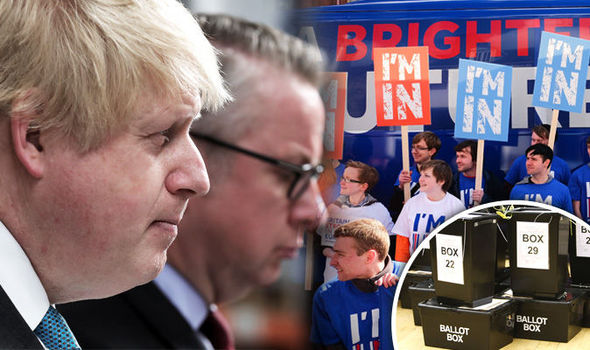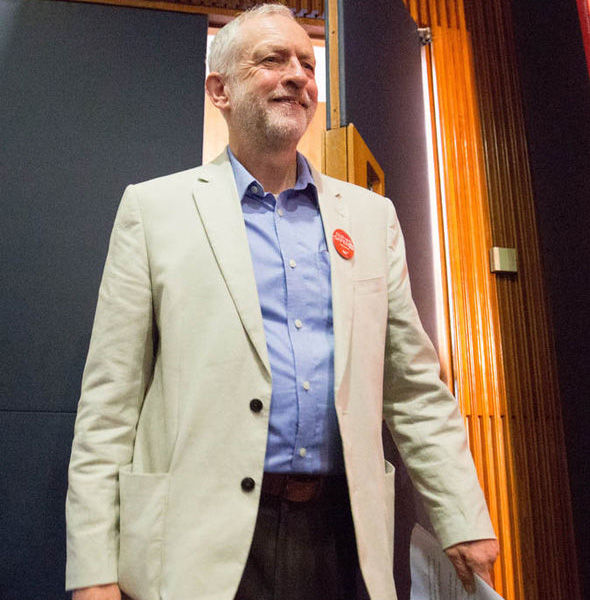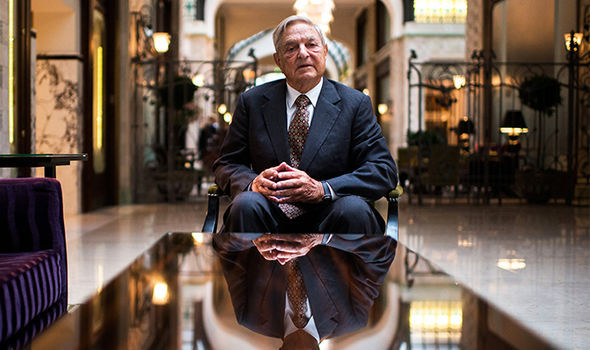EU referendum polls latest: Majority of voters want Brexit despite shift in Remain support

A MAJORITY of voters want Britain to quit the EU in two days time despite signs of a shift in public opinion towards remaining in the bloc, a new poll has shown.
The YouGov survey for The Times, excluding undecided voters, reveals 51 per cent will vote to Leave the EU on Thursday with 49 per cent saying they will vote to Remain.
The poll also shows a two point lead for Brexit when 'Don't Knows' and those who will not vote are included, with 44 per cent saying they want to quit the EU and 42 per cent wanting to Remain.
Nine per cent said they are still undecided while four per cent said they would not vote.
The results show a switch back to Leave from YouGov's previous online survey, published over the weekend, which handed a two point lead to Remain.
But there appears to have been a general swing back to Remain as the EU referendum campaign enters its final week.
A week ago, Downing Street was said to have been left panicked by a YouGov poll that showed a staggering seven point lead for Brexit.
An ORB poll also published today found support for Remain at 53 per cent, up five points on the previous one, with support for Leave at 46 percent, down three points.
Lynton Crosby, the political strategist who advised the Conservative Party at last year's general election, said: "All the signs of ORB's latest and final poll point to a referendum that will truly come down to the wire.”
He said the Leave camp had "failed to quash the common perception that it is the riskier of the two options.
Respected social research body NatCen also published a poll that found Remain on 53 per cent and Leave on 47 per cent, using a method that took on recommendations by an official inquiry into why pollsters got last year's election wrong.
YouGov's latest survey was conducted in the three days after the murder of Labour MP Jo Cox.
Campaigning had been suspended for three days after the killing of the mother-of-two, a passionate advocate for Remain.
Tributes from around the world poured in for the 41-year-old who was shot and stabbed in Birstall, West Yorkshire.
Jeremy Corbyn, leader of the Labour Party, said Mrs Cox's murder was likely "extreme political violence”.
Those wishing to stay in the bloc, including Prime Minister David Cameron, have focused on what they describe as the economic advantages provided by EU membership and the risks posed by leaving.
Those arguing to quit have focused on what they say are pressures on public services and jobs created by high immigration levels that cannot be reduced due to EU freedom of movement rules.
On Monday, Baroness Warsi, a former co-chair of the Conservative Party, announced she was switching her support to the Remain campaign citing tactics used by the other side.
She pointed to a poster unveiled by Ukip leader Nigel Farage, which used a photo of refugees walking through a field in Europe under the slogan “breaking point" — a message she said she did not want to form "the basis of the kind of Britain that I want to live in and to bring my kids up in".
Earlier on Monday, as expectations grew that Britain would stick with the status quo, the pound had its biggest one-day rise in seven years.
Separately, George Soros, the billionaire who bet against the pound in 1992, said a vote to leave would trigger a bigger, more disruptive devaluation in Britain's currency than the fall on Black Wednesday.
Политика конфиденциальности | Правила пользования сайтом









